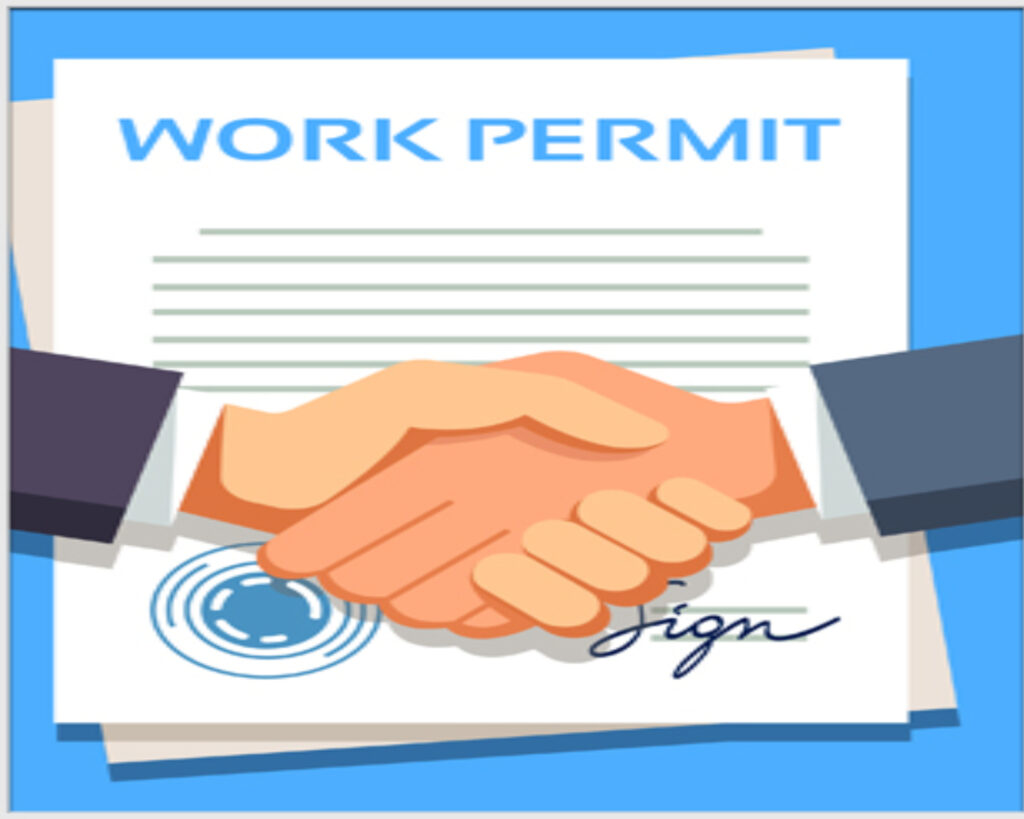A work permit in the Netherlands entitles an non-skilled worker or a worker who is to be employed on a short-term basis. Skilled migrants need not apply for a work permit. Before applying for work-permit in Netherland, Employers have to ensure that all efforts to recruit the worker from the Netherlands and other European Union countries have failed and only then the application for work permit in Netherland would be permitted to be filed by the employer. On not finding a suitable candidate to fill the open post, he can recruit a migrant worker but needs to apply for an entry visa (MVV) or permission to reside first.
Once all recruitment needs are met with and finalized; the employer would initiate the procedure for applying for a work permit in the UWV (Employment Office) Netherlands. Different types of employment entail different work permits.
Work Permit In Netherland Details:-
Duration of your stay
The period of employment determines the need for a residence permit.
Stay of fewer than 90days
The need for a visa depends on the country where the candidate belongs to. If the candidate is required to reside for less than 90 days in the Netherlands, the employer would need to apply for a short-stay visa in the Netherlands embassy in the country where the candidate resides. If the embassy is not present in the country of the candidate he or she must travel to the country closest to having the Netherlands embassy and the employer must apply for a TWV.
Cross-border worker
A worker who works in the Netherlands but lives in a different EU country is categorized as short-stay employment.
Stay for more than 90days
An employment period of days exceeding 90 requires a residence permit.
Residence permits for working in paid employment. The different permits vary according to the types of employment. Let us discuss these-
-
Intra Corporate Transferees
An employee working in a business organization outside the EU is transferred, to a branch in the Netherlands requires a residence permit initiated by the employer at the Immigration and Naturalisation Service.
-
Highly skilled migrant
The position to be occupied by the candidate is of a guest lecturer, trainee doctor or is to be recruited as whole time paid employee, the employer would need to act as sponsor and apply for a residence permit on behalf of the candidate at the IND.
-
European blue card
The employees recruited in highly skilled jobs within the EU and earning a specific remuneration and possessing particular educational qualifications need to apply for a residence permit by the employer at the IND and the permit is valid for EU member states too.
-
Researcher within the meaning of Directive (EU) 2016/801
One who does research and may receive no remuneration but may receive grants. The employer in such cases would need to sponsor the employee and apply for the residence permit for him.
-
Work in paid employment
The accepted residence permit for those working in paid employment have specified rules stated-
i) Workers of a foreign concern and collaborating in a business project in the Netherlands.
ii) A spiritual counselor must qualify in the primary civic integration examination to apply for the permit.
iii) A worker in the Asian catering industry
iv) An employee recruited to repair or set up equipment delivered by a foreign concern in the Netherlands.
v) An employee transferred from an international group of companies as an apprentice, professional or important key member needs to apply for a work permit and is not valid under the regulations of the company once transferred.
vi) Employees in positions of art and culture, employed in non-profit organizations or mass media correspondent requires a residence permit.
vii) Work experience as a trainee or apprentice
Students doing an internship in the Netherlands and training in a Dutch Company in connection with an EU action program requires a residence permit too.
-
Cross-border service provider
A candidate recruited by any employer in EU country or EEA or in Switzerland and works in a company in the Netherlands.
Family members are allowed in the Netherlands except when one is engaged in gaining work experience or seasonal jobs.

